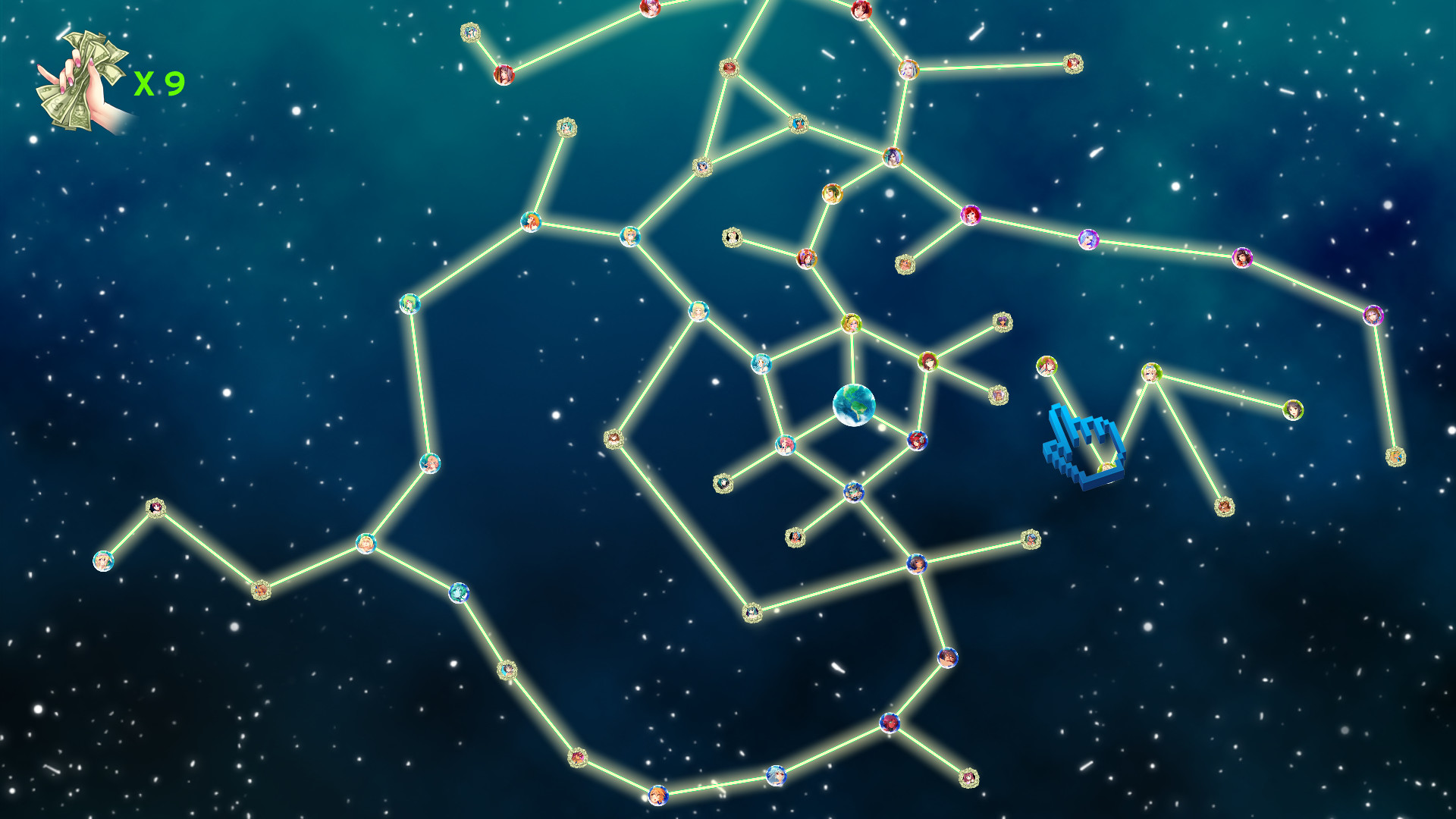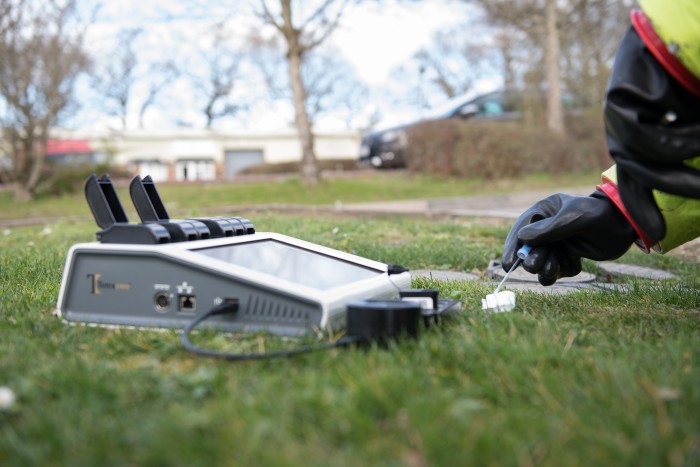

Spontaneous Development of IgM Anti-Cocaine Antibodies in Habitual Cocaine Users: Effect on IgG Antibody Responses to a Cocaine Cholera Toxin B Conjugate Vaccine Thus, in allergic patients, while specific IgE Ab define the nature of the sensitizing allergen, the presence of IgG4 Ab directed against various allergens seems in relation with an abnormal isotype regulation associated with atopic disorders. In addition, among these patients, around 40% presented high levels of IgG4 Ab to the unrelated allergen(s). The results showed that 90% of the patients produced levels of antisensitizing allergen(s) IgG4 Ab significantly higher than the controls this IgG4 Ab response was correlated with the corresponding specific IgE Ab level. Since some patients were also sensitive to grass pollen and/or to cat dander, we analyzed, in all patients, the IgG4 Ab responses both towards the allergen(s) they were sensitive to (sensitizing allergen) or not (unrelated allergen). pteronyssinus, grass pollen and cat dander, using a solid-phase radioimmunoassay. Thus, in order to evidence in allergic patients, a potential abnormal IgG4 Ab response to aeroallergens following natural exposure, we compared, in 34 patients sensitive to Dermatophagoides pteronyssinus and in 16 healthy subjects, the IgG4 Ab response to D. Recently, an abnormal IgG4 Ab production in response to immunization has been reported in some atopic patients. Various studies have suggested the involvement of immunoglobulin G4 ( IgG4) antibodies (Ab) in the physiopathology of allergic disorders. Jeannin, P Delneste, Y Tillie-Leblond, I Wallaert, B carlier, A Pestel, J Tonnel, A B 29%) significantly more often, which indicates the possible involvement of IgE/IgG immune complexes in the pathogenesis of pollen allergy.Abnormal IgG4 antibody response to aeroallergens in allergic patients. The latter exhibited an increase of IgE/IgG immune complexes (57% vs. A distinct difference between patients investigated during and outside of the pollen season was found in patients with isolated pollen allergy. None of the factors analyzed, including the kind of allergic disease, the type of inhalant allergen (pollen or house dust antigens), the severity of allergy judged from the frequency and intensity of symptoms for 1 year preceding blood sampling and the symptoms exhibited during blood sampling, showed a statistically significant relation to the level of IgE/IgG immune complexes or IgG anti-IgE, when the whole group of patients with respiratory allergy was analyzed.

IgG anti-IgE serum level was also significantly higher in the examined group of patients with airborne allergy than in the control group. Three people (14%) from the control group, two patients (10%) with insect allergy and 41 patients (45%) from the group with airborne allergy exhibited an increased serum level of IgE/IgG immune complexes (chi2, p <0.05). IgE/IgG immune complexes and IgG anti-IgE antibodies were estimated using double antibody solid-phase immunoassays in IgG serum fractions isolated by protein A affinity chromatography or in fractions obtained by Sephacryl S-300 gel filtration. Twenty patients with allergy to insect stings and 22 healthy volunteers were also investigated. In the present study we addressed the question of IgE/IgG immune complex serum level in 92 patients with respiratory allergy in relation to their clinical status.


 0 kommentar(er)
0 kommentar(er)
